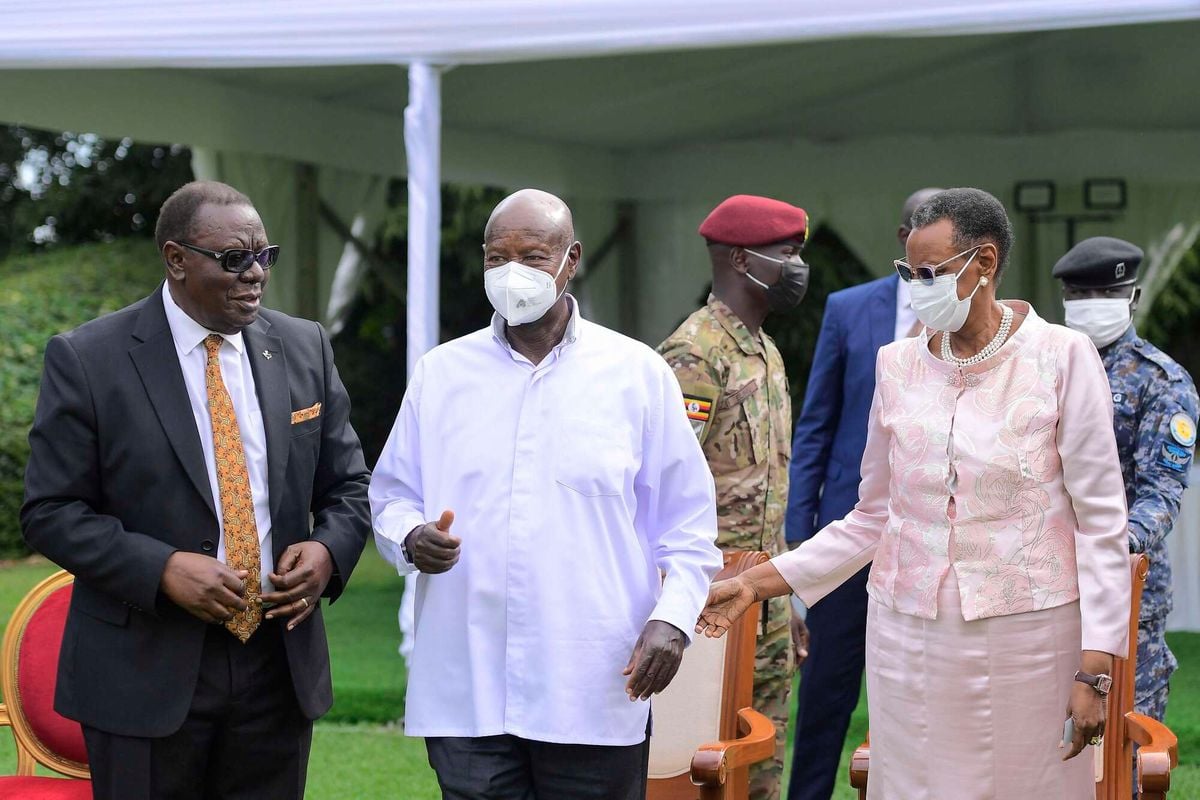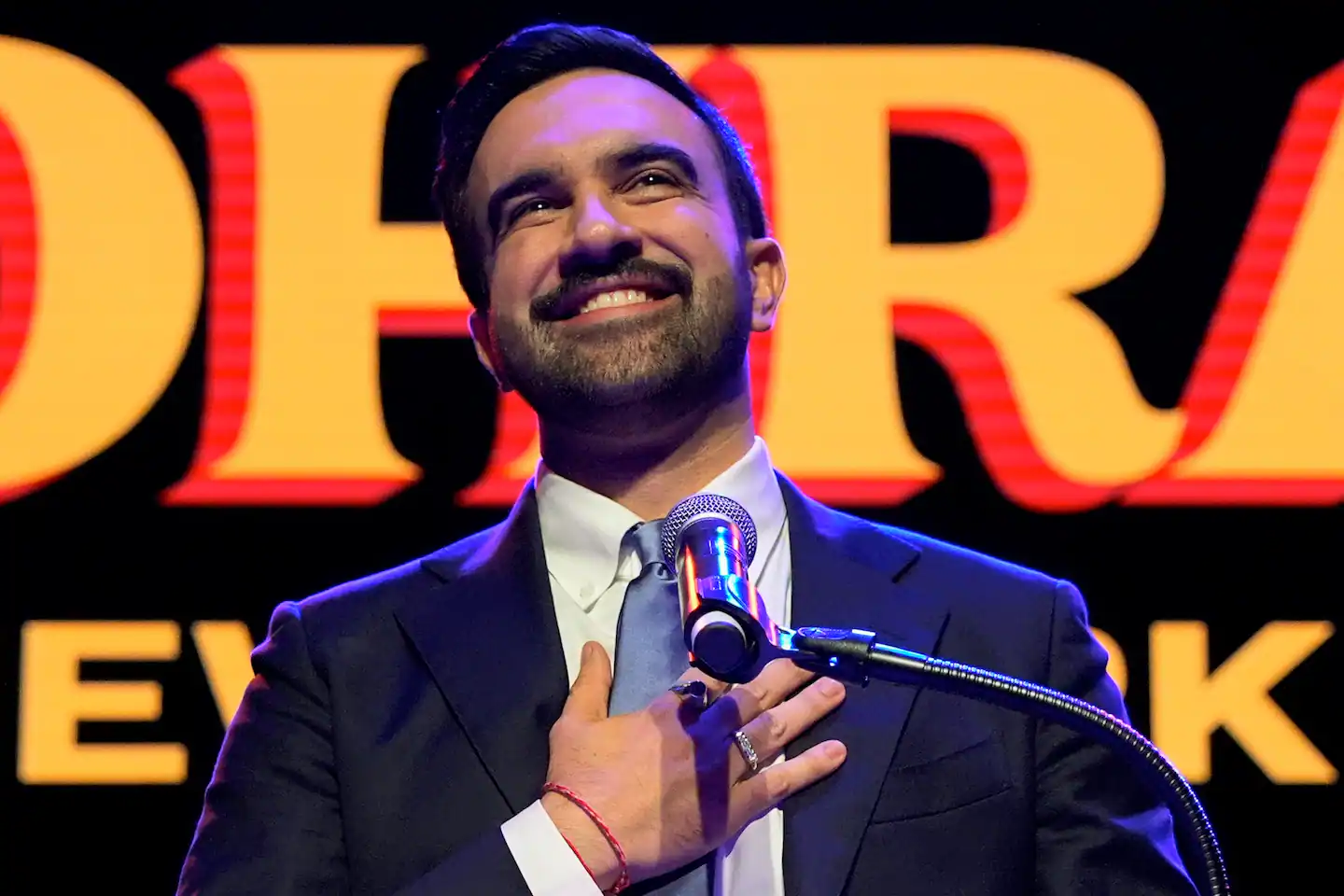As Uganda approaches the January 2026 general elections, longtime President Yoweri Museveni has officially declared his intention to seek a seventh term in office. At 81 years old and after nearly four decades in power, Museveni’s announcement marks a significant moment in the nation’s political history and sparks widespread discussion about the future of Uganda. What stands out this time, however, is Museveni’s notably conciliatory tone as he addresses the country’s challenges and outlines his vision going forward.
Museveni’s Appeal for Unity and Forgiveness
In recent speeches, including his address during Uganda’s 63rd Independence Day celebrations, President Museveni has emphasized forgiveness and national reconciliation as foundational steps for progress. He urged Ugandans to move beyond divisions and political differences, focusing instead on collective development and peace. This message is a strategic shift from earlier election cycles, signaling an effort to unite the nation ahead of a potentially contentious election season.
Museveni’s call for unity resonates strongly at a time when political tensions are high, with opposition figures like musician-turned-politician Bobi Wine galvanizing younger voters with promises of change. By projecting a tone of conciliation, Museveni aims to appeal to broader demographics, reinforcing stability and continuity.
Economic and Social Plans for the Next Term
Acknowledging challenges such as crime, corruption, and infrastructure deficits, Museveni detailed plans to strengthen public safety, improve transportation networks, enhance healthcare services, and expand free education. He highlighted the remarkable socio-economic progress Uganda has made under his leadership, citing growth of the economy from $34 billion to $66 billion in recent years and ambitious goals to propel it to $500 billion within five years.
The president also reaffirmed support for targeted empowerment schemes for vulnerable groups, including funds allocated to jobless graduates, cultural and religious leaders, parish SACCOs, and fishermen. These initiatives underscore his commitment to inclusive growth, aiming to ensure no Ugandan is left behind in the national development agenda.
Political Dynamics and the Road to 2026 Elections
Museveni’s nomination was formally endorsed by the National Resistance Movement (NRM), which affirmed broad party support for his candidacy amid internal dissent from some members considering independent bids. He advised disgruntled members to seek resolution through party channels, underscoring confidence in NRM’s dominant electoral base estimated to involve 18.5 million voters.
The upcoming election pits Museveni against opposition leader Bobi Wine, who challenges the legitimacy of past polls by alleging widespread fraud and intimidation. Museveni’s conciliatory approach can also be seen in the context of managing these tensions while reinforcing his image as a seasoned leader capable of guiding Uganda through complex political landscapes.
The Legacy and Future of Museveni’s Presidency
Since taking power in 1986 following a protracted insurgency, Museveni has been credited with restoring stability, fostering economic growth, and improving regional peace. However, his administration faces criticism over human rights records, political repression, and constitutional changes that removed age and term limits — moves that have allowed him to extend his rule beyond what many anticipated.
The 2026 election thus represents a pivotal moment: will Museveni’s conciliatory tone signal a final chapter of leadership, or will it be a prelude to another extended term? Speculation is rife, with some suggesting 2026 could mark his last term, while others see it as consolidation of power.
Balancing Continuity and Change
President Museveni’s conciliatory tone as he seeks a seventh term reflects a nuanced strategy to balance continuity with responsiveness to Uganda’s evolving political and social realities. His appeals for unity, alongside ambitious socio-economic plans, aim to strengthen his position amid growing calls for change.
As the nation gears up for a highly consequential election, the international community and Ugandans alike will be watching closely. The outcome will shape not only Uganda’s political landscape but also its economic trajectory and the aspirations of millions seeking peace, prosperity, and inclusive governance.
As Uganda approaches the January 2026 elections, President Yoweri Museveni, Africa’s fourth-longest-serving leader, has officially declared his intention to seek a seventh term. At 81 years old and after nearly four decades in power, Museveni is adopting a notably conciliatory tone, emphasizing unity, forgiveness, and national reconciliation as key themes ahead of the polls. This blog post explores Museveni’s approach, his vision for Uganda’s future, and the political dynamics shaping the upcoming election.
A Call for Unity and Forgiveness
During Uganda’s 63rd Independence Day celebrations and other recent public addresses, Museveni urged citizens to move past divisions and embrace forgiveness. His message seeks to heal political and social rifts that have intensified amid growing opposition momentum. By projecting reconciliation, Museveni hopes to foster peace and stability in a nation facing polarized political debate.
Socio-Economic Ambitions
Museveni outlined plans targeting crime reduction, infrastructure improvement, healthcare expansion, and enhanced education access. He pointed to Uganda’s economic growth GDP rising from $34 billion to $66 billion in recent years and pledged to elevate it to $500 billion within five years. Empowerment funds for graduates, fishermen, and community groups reflect his promise of inclusive development.
Political Landscape and Opposition
Museveni’s nomination by the National Resistance Movement (NRM) party came amid whispers of dissent from members considering independent runs. The president advised them to resolve differences through party mechanisms, expressing confidence in NRM’s vast voter base.
His main challenger, Bobi Wine, a former pop star turned politician, has galvanized young voters and continues to contest past election results citing fraud and intimidation. The 2026 elections are expected to be fiercely contested, with Museveni’s moderating tone possibly aimed at appealing across divides.
Legacy and Controversy
Museveni took power in 1986, bringing stability and economic progress to Uganda. Yet criticism persists over human rights issues and constitutional amendments that removed term and age limits, enabling his prolonged presidency. The upcoming election could either mark the twilight of his era or the continuation of his decades-long rule.
Conclusion
Museveni’s conciliatory tone blends appeals for unity with ambitious developmental promises, positioning him strategically for a crucial electoral contest. As Uganda stands on the cusp of this political milestone, the world watches to see whether stability will be upheld or substantial change will emerge.
This analysis gives detailed insight into Museveni’s seventh-term bid and the broader implications for Uganda’s political future.







Leave a Reply